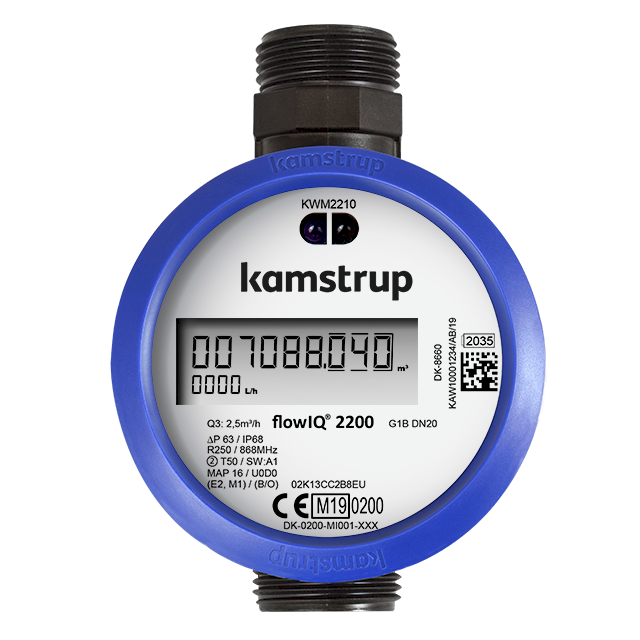News
The Case For Non-Household Enhanced Metering Technology
Smart meters are now widely available for domestic customers to help them track their water usage and consumption, but it’s possible that there could be far-reaching benefits for businesses and the environment, as well, if the technology were rolled out so non-household customers too could make use of it.
A new study, carried out by Artesia Consulting and reported on by MOSL, has found that 73 per cent of the non-household market’s 1.2 million water meters use traditional technology, which requires manual reading. Some 22 per cent use automatic meter reading, with readings transmitted elsewhere, while just five per cent use the latest advanced metering infrastructure.
The researchers recommended that suppliers upgrade traditional meters, estimating that although the rollout of enhanced metering would set the industry back around £344 million, it would deliver benefits of £943 million and a potential return on investment within five years.
The study was commissioned by MOSL on behalf of the Strategic Panel’s Metering Committee and comes at a critical time for the water industry, with investment plans for the next asset management period now being developed, as well as water resource management plans.
Proposals submitted by water suppliers will set out how they plan to meet rising demand for water in the face of severe water stress, with extreme and unusual weather events now becoming more frequent and more severe, as well as less predictable, in line with global warming and climate change.
It was noted that smart meter investment and rollout will be at the very heart of the plans to tackle these issues head on, with timely and accurate data essential for ensuring bills are based on actual consumption, as well as helping improve water efficiency and reducing leakage rates.
CIO of MOSL John Davies commented on the findings, saying: “We are pleased that the research has highlighted such a clear business case for enhanced metering technology for non-household customers.
“We are also pleased that the report does not restrict companies’ choices on which technologies to adopt, focusing instead on the importance of adopting common data standards.
“We hope that companies will consider the findings carefully and ensure customers in both markets benefit from future investment in enhanced metering programmes and look forward to their feedback on the report.”
If, as a business, you’d like to find out more about automated meter reading and how this technology could help you achieve maximum savings where your water is concerned, get in touch with the H2o Building Services team today.
We can use this technique to continuously monitor water usage across your site, allowing us to identify issues more quickly and efficiently, bringing in appropriate water-saving solutions as and when required and adapting these over time as the needs of your business change.
